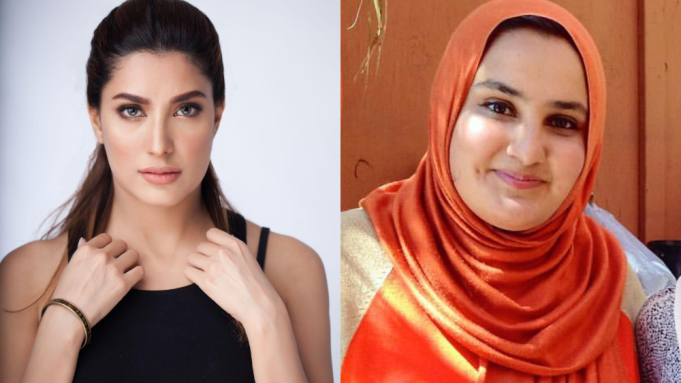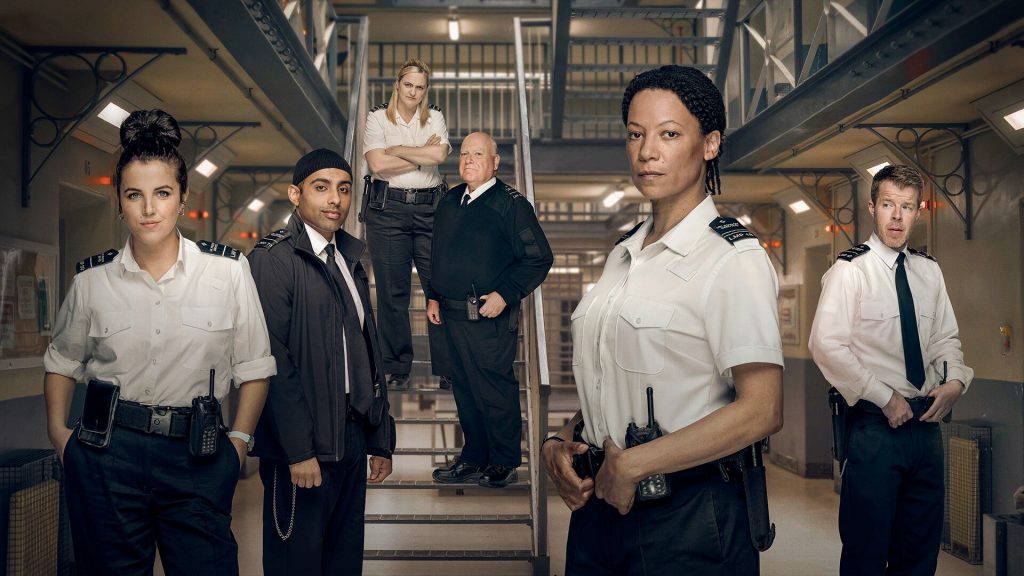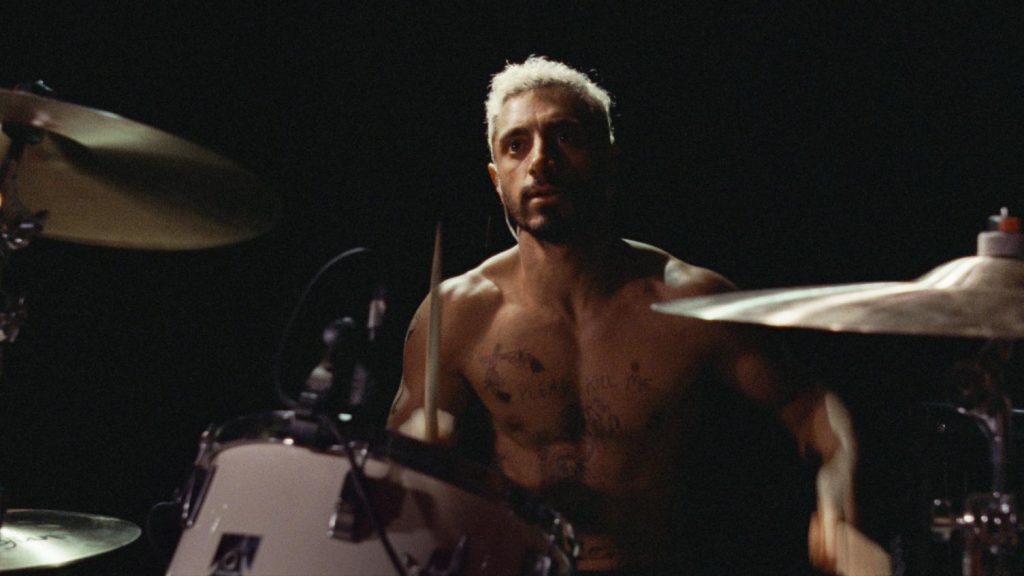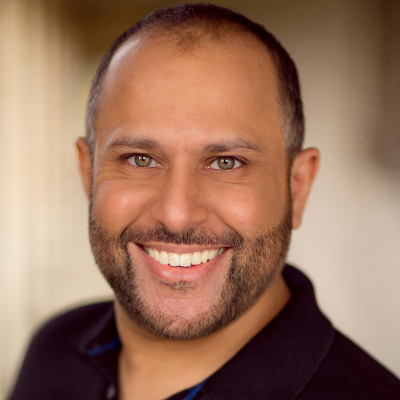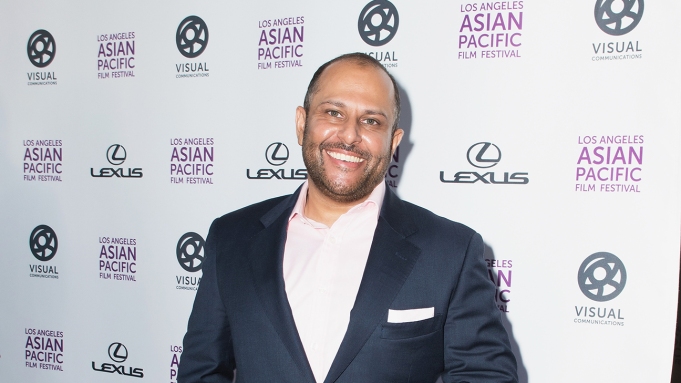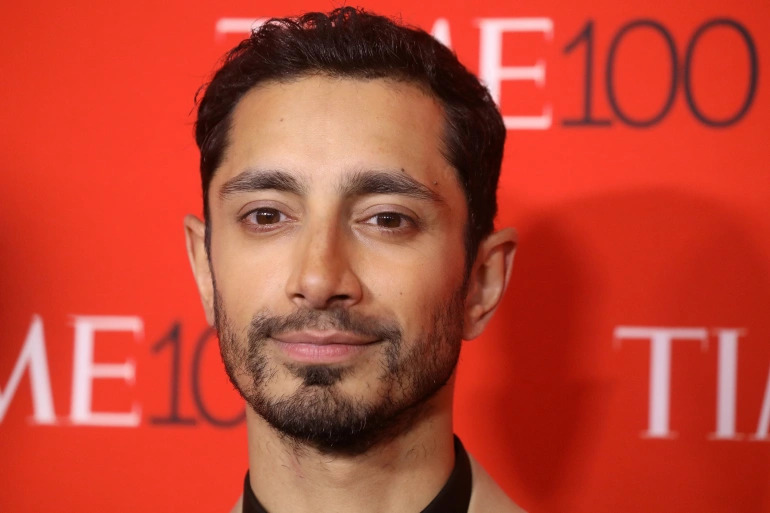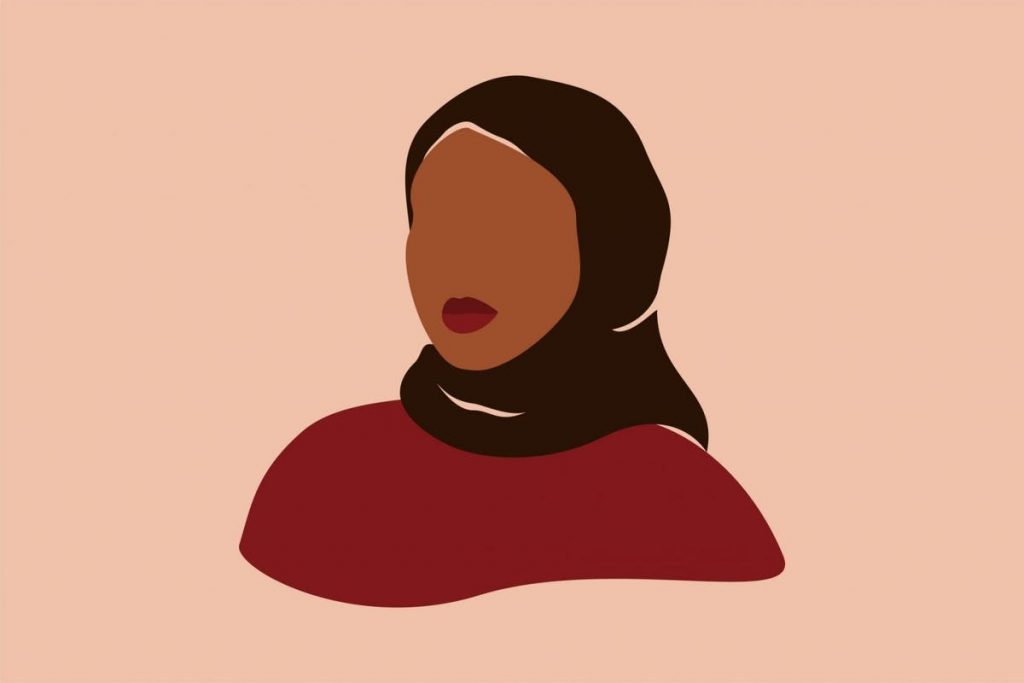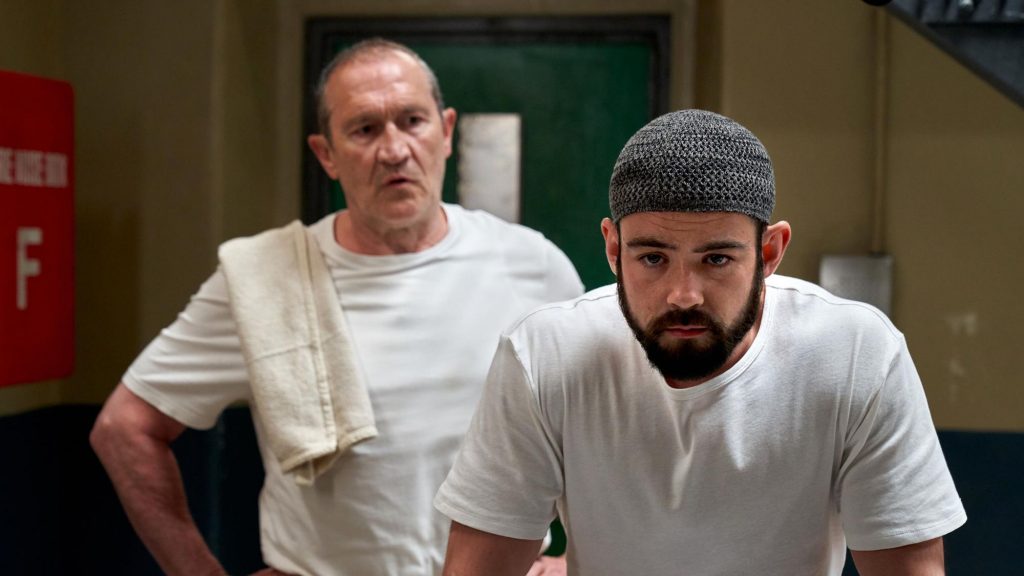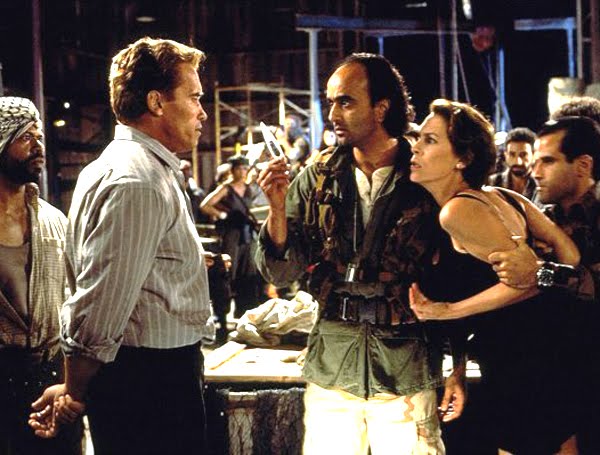UK Muslim Film aims to champion authentic representation, a move it hopes will help reduce Islamophobia. By David ChildPublished On 13 Apr 202113 Apr 2021|Updated: 14 Apr 202108:36 AM (GMT) London, United Kingdom – From Bodyguard, the British television thriller series, to the US CIA drama Homeland, the portrayal of Muslim characters on-screen has often been perceived as problematic at best. Men are cast as fringe, culturally backwards figures linked with misogyny, violence and anger. Women are depicted as oppressed victims with little to no agency. KEEP READING list of 4 itemslist 1 of 4 Palestinian short film The Present wins prestigious BAFTA award list 2 of 4 32,000km, 655 screens: Documenting India’s endangered cinemas list 3 of 4 Demon Slayer becomes Japan’s top-grossing movie list 4 of 4 Bangladesh director arrested after film shows police in bad light end of list Tired of the stereotypes, a new charity aims to change the script on representation in the entertainment industry and end the common use of anti-Muslim tropes. Launched last week, UK Muslim Film seeks to “integrate the Muslim experience into the heart of British culture” through film and television. Envisaged as a year-round hub, it will host screenings and masterclasses, among other events, and nurture emerging storytellers with a fund reserved for aspiring filmmakers of Muslim backgrounds – and other underrepresented groups – to boost their presence in the industry. Backed by the British Film Institute (BFI), the charity will also advise productions on how to better represent Muslims in cinema and avoid perpetuating offensive, negative stereotypes. ‘Faith was almost used as a weapon’ British actor Sajid Varda, its founder and CEO, told Al Jazeera he was inspired to start the project after witnessing how the entertainment industry portrayed Muslims following 9/11. “It was all very much about faith [after that],” Varda said. “The narrative was more around Muslims, Islam, and negativity … [and] faith was almost used as a weapon to create misrepresentation, with negative associations.” He hopes to help reverse those trends and “encourage greater understanding” between Muslims and other communities. “The mass media has a huge impact on informing people, that is the power of storytelling,” he said, linking the misrepresentation of Muslims to a rise in Islamophobia. “It is a very powerful educational tool, especially for people who wouldn’t normally come into contact with specific minority groups, and so it can be dangerous if the media are perpetuating common tropes such as: Muslims are terrorists, Muslim men are misogynists, Muslim women are oppressed and Islam is a threat to the West.” Varda is not the first from within the entertainment industry to voice concern over the way Muslims are presented on-screen, or whether they are at all. Oscar-nominated British actor Riz Ahmed warned during a 2017 speech to the UK Parliament that the historical and widespread failure to champion diversity in films and television programmes was alienating young British Muslims and other minorities. Ahmed, who became the first Muslim to be nominated for Best Actor by the Academy Awards this year for his performance in the Sound of Metal, said people would “switch off” from mainstream society if they did not see themselves being represented by its cultural output. “People are looking for the message that they belong, that they are part of something, that they are seen and heard and that despite, or perhaps because of their experience, they are valued,” Ahmed said. “They want to feel represented. In that task, we have failed.” ‘Muslims don’t feel included’ Taking inspiration from Ahmed’s speech, film buffs Shaf Choudry, Isobel Ingham-Barrow and Sadia Habib established the so-called “Riz Test”. If any answers to the following questions are “yes”, the film or TV show has failed the test, meaning typical Islamophobic tropes have been perpetuated, at least to some degree. Talking about, the victim of, or the perpetrator of terrorism? Presented as irrationally angry? Presented as superstitious, culturally backwards or anti-modern? Presented as a threat to a Western way of life? If the character is male, is he presented as misogynistic? If female, is she presented as oppressed by her male counterparts? According to the Riz Test’s own Twitter reviews, much of the industry still fails. Nour Halabi, a lecturer in media and communication at the UK’s University of Leeds, said negative representations of Muslims in British film and television often centre on characters associated with “terrorism” or criminality. “Representations of Muslims often also fall into the trap of oversimplifying and essentialising Muslim communities, when Muslim communities are incredibly racially, ethnically, linguistically diverse, and this is not to go into diversity in religious practice as well,” Halabi told Al Jazeera. Welcoming the intervention by UK Muslim Film, she added there was an “important role to be played by Muslims in informing how we appear in the media, and whether these representations reflect our lived experiences, and positively represent our communities”. Varda concluded that Muslims too often still “don’t feel included” in Britain’s cultural output. “We don’t feel valued or appreciated, especially when you look at content that comes out on-screen,” he said. “So our whole ethos is to change the script. We do need to address the negative stereotypes and tropes because they have a direct impact on Muslims on the street.”

